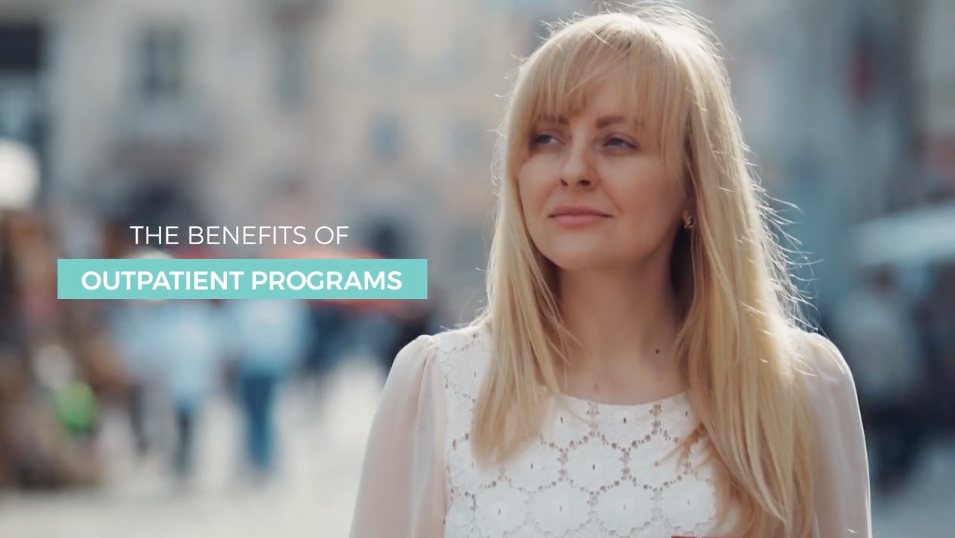Intensive Outpatient Addiction Treatment Programs in Princeton, New Jersey
Outpatient Addiction Treatment Programs That Fit Your Schedule
Addiction treatment is an ongoing process that requires counseling, lifestyle changes, as well as ongoing guidance and support. Even after completing a residential or clinical stabilization period of treatment, many people make the choice to continue going to outpatient addiction counseling in an effort to maintain their progress and reduce their risk of relapse.
Outpatient addiction therapy programs make addiction treatment accessible to those who do not have the flexibility or freedom to pause their career and family obligations to focus on their health and wellbeing in a residential facility. It allows you to take advantage of local resources, making it possible to fit an outpatient addiction treatment program into your existing schedule. Outpatient addiction treatment is divided according to how many hours you spend per week in therapy:
- Intensive Outpatient Programs – 9 or more hours per week
- Outpatient Programs – fewer than 9 hours per week
Residential treatment and clinical stabilization programs are done in a structured and safe environment, relatively secluded from the outside world and the relapse triggers that come with it.
However, that will not always last. When transitioning into everyday life and living outside of the facility, you need to be continuously equipped with the mental tools to fight relapse at every turn. That’s where outpatient treatment comes in.
At Serenity at Summit, we offer flexible outpatient schedules that may include daytime, evening or weekend sessions.
Outpatient Addiction Treatment And Therapy Programs Include:
- Individual and Group Therapy
- Educational Programs
- Ongoing Support
- Family Counseling
Benefits of Outpatient Addiction Therapy and Counseling
Is Outpatient Addiction Counseling Right For You?
Thanks to the style of outpatient addiction treatment programs, this method of treatment is often able to reach people who may not otherwise be willing to enter a residential addiction treatment program. While in outpatient addiction therapy, you are able to maintain all education, career, and personal responsibilities.
These programs typically offer an enhanced level of anonymity and privacy, as you are able to return home every night. This makes them ideal for those who do not wish to live with others in recovery or those that simply are unable to put life on pause.
Outpatient Treatment Therapy in NJ Is Ideal For Those Who:
- Require minimal disruption to their current lifestyle
- Are able to self-regulate their time and exposure to substance abuse
- Wish to keep their participation in a recovery program private or anonymous
Outpatient addiction treatment programs range in intensity. There are some that meet daily, creating structure in otherwise downtime to help you work through and overcome substance dependence. Others, like self-help programs, meet every several days or even once a week.
Using the 12-Step Program in Outpatient Therapy
Voluntary, Integrated Modalities
12-step programs consist of a common form of outpatient addiction therapy that falls under the category of self-help. These programs are entirely optional and use a group therapy environment to help individuals work through personal struggles with addiction.

There are 12-step programs for almost every form of addition. Alcoholics Anonymous (AA) and Narcotics Anonymous (NA) are two of the most common 12-step programs.
The level of intensity recommended for an outpatient program often depends on your clinical history and current struggle with addiction. While an outpatient addiction treatment program may be mandated in certain situations, participation in self-help programs is almost always voluntary.
